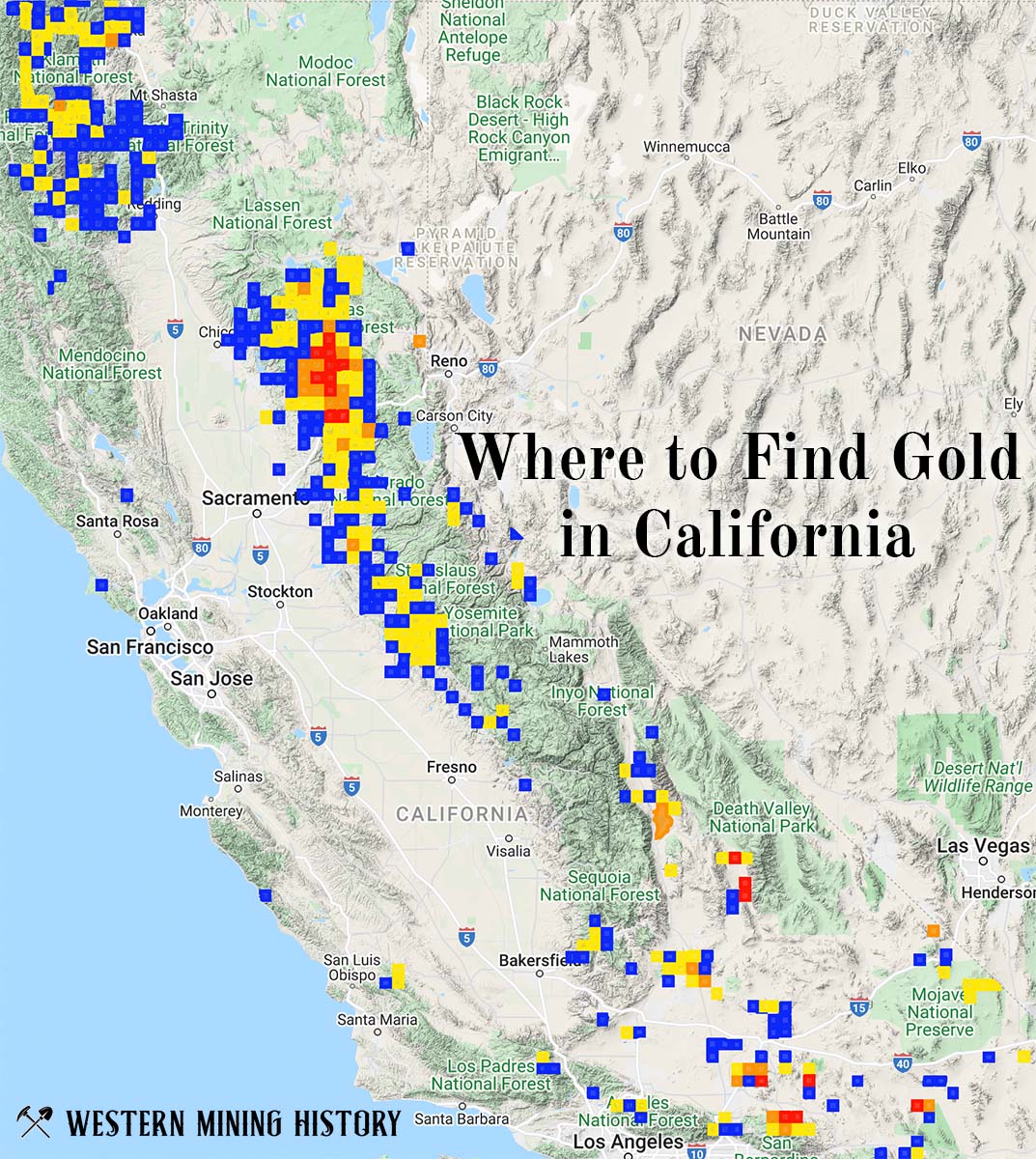The Estrella Mine is a chromium mine located in San Luis Obispo county, California at an elevation of 1,631 feet.
About the MRDS Data:
All mine locations were obtained from the USGS Mineral Resources Data System. The locations and other information in this database have not been verified for accuracy. It should be assumed that all mines are on private property.
Mine Info
Elevation: 1,631 Feet (497 Meters)
Commodity: Chromium
Lat, Long: 35.37806, -120.70167
Map: View on Google Maps
Estrella Mine MRDS details
Site Name
Primary: Estrella Mine
Commodity
Primary: Chromium
Tertiary: Iridium
Tertiary: Platinum
Tertiary: Palladium
Tertiary: Ruthenium
Tertiary: Rhodium
Location
State: California
County: San Luis Obispo
Land Status
Land ownership: National Forest
Note: the land ownership field only identifies whether the area the mine is in is generally on public lands like Forest Service or BLM land, or if it is in an area that is generally private property. It does not definitively identify property status, nor does it indicate claim status or whether an area is open to prospecting. Always respect private property.
Holdings
Not available
Workings
Type: Underground
Ownership
Not available
Production
Not available
Deposit
Record Type: Site
Operation Category: Past Producer
Operation Type: Unknown
Years of Production:
Organization:
Significant: N
Deposit Size: S
Physiography
General Physiographic Area: Pacific Mountain System
Physiographic Province: Pacific Border Province
Physiographic Section: California Coast Ranges
Mineral Deposit Model
Model Name: Podiform chromite (minor)
Orebody
Form: NARROW HIGH-GRADE STRINGERS
Structure
Type: L
Description: Numerous Small Joints And Fissures
Alterations
Alteration Type: L
Alteration Text: Dunite And Peridotite Now Mostly Serpentinite
Rocks
Name: Peridotite
Role: Associated
Age Type: Associated Rock
Age Young: Late Jurassic
Name: Peridotite
Role: Associated
Age Type: Associated Rock Unit
Age Young: Late Jurassic
Name: Peridotite
Role: Associated
Age Type: Host Rock
Age Young: Late Jurassic
Analytical Data
Analytical Data: 1 PGE ANALYSIS: PT=20 PPB
Analytical Data: PD=12 PPB
Analytical Data: RH=1 PPB.
Analytical Data: RU=250 PPB
Analytical Data: IR=93 PPB
Materials
Ore: Chromite
Gangue: Tremolite
Gangue: Opal
Comments
Comment (Production): SAID TO HAVE PRODUCED IN 1918 SOME OF THE RICHEST ORE IN THE COUNTY. 100 LB HIGH-GRADE ORE ON DUMP IN 1941.
Comment (Workings): 2 SHORT ADITS; NORTH ADIT, 30 FT LONG, RUNS N60W
Comment (Location): IN LOS PADRES NATIONAL FOREST. ON SOUTH HALF OF SECTION LINE BETWEEN SEC. 28 AND SEC. 29. LOCATION GIVEN IS MINE SYMBOL SHOWN ON TOPO MAP SOUTHEAST OF CASTRO MINE NEAR SECTION LINE
Comment (Reserve-Resource): NO MINABLE ORE LEFT IN 1941
References
Reference (Deposit): WALKER, G.W., AND GRIGGS, A.B., 1953, GEOLOGICAL INVESTIGATIONS OF CHROMITE IN CALIFORNIA: CALIFORNIA DIVISION OF MINES BULLETIN 134, PT. 2, CH. 2, P. 82.
Reference (Deposit): CARLSON, C.A., AND OTHERS, 1985, ANALYSES FOR PLATINUM-GROUP ELEMENTS IN SAMPLES FROM PODIFORM CHROMITE DEPOSITS, CALIFORNIA AND OREGON: U.S. GEOLOGICAL SURVEY OPEN-FILE REPORT 85-442, 14 P.
Reference (Deposit): SMITH, C.T., AND GRIGGS, A.B., 1944, CHROMITE DEPOSITS NEAR SAN LUIS OBISPO, SAN LUIS OBISPO COUNTY, CALIFORNIA: U.S. GEOLOGICAL SURVEY BULLETIN 945-B, P. 36.
Reference (Deposit): ALLEN, J.E., 1941, GEOLOGICAL INVESTIGATION OF THE CHROMITE DEPOSITS OF CALIFORNIA: CALIFORNIA JOURNAL OF MINES AND GEOLOGY V. 37, NO. 1, P. 161.
California Gold

"Where to Find Gold in California" looks at the density of modern placer mining claims along with historical gold mining locations and mining district descriptions to determine areas of high gold discovery potential in California. Read more: Where to Find Gold in California.